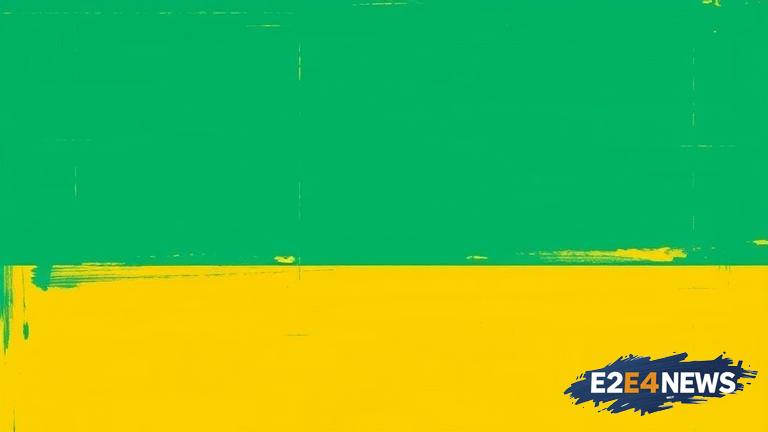The opposition in Vanuatu has raised concerns over the jurisdiction of the Commission of Inquiry (COI), which was established to investigate allegations of corruption and abuse of power within the government. The COI was set up by the Prime Minister, with the aim of promoting transparency and accountability in the country’s governance. However, the opposition has questioned the COI’s authority, arguing that it lacks the necessary powers to investigate and prosecute those responsible for wrongdoing. The opposition has also expressed concerns over the COI’s scope, arguing that it is too narrow and does not cover all the necessary areas. The debate over the COI’s jurisdiction has sparked a heated discussion in the country, with some arguing that it is a necessary step towards promoting good governance, while others see it as a political tool to target opponents. The COI has been tasked with investigating allegations of corruption, including the misuse of public funds and the abuse of power by government officials. The opposition has also raised concerns over the COI’s composition, arguing that it is not representative of the country’s diverse population. The COI is composed of local and international experts, but the opposition has argued that it lacks the necessary expertise and experience to investigate complex cases of corruption. The government has defended the COI, arguing that it is a necessary step towards promoting transparency and accountability in the country’s governance. The Prime Minister has stated that the COI will have the necessary powers to investigate and prosecute those responsible for wrongdoing, and that it will be independent and impartial. However, the opposition has expressed skepticism over the COI’s independence, arguing that it is subject to political interference. The debate over the COI’s jurisdiction has also raised concerns over the country’s judicial system, with some arguing that it is not equipped to handle complex cases of corruption. The opposition has called for the COI to be given more powers, including the power to subpoena witnesses and to seize documents. The government has agreed to consider the opposition’s proposals, but has stated that it will not compromise on the COI’s independence and impartiality. The COI is expected to submit its report to the government within the next few months, and it is expected to make recommendations for reforms to the country’s governance system. The opposition has stated that it will carefully consider the COI’s report and recommendations, and that it will push for the implementation of any reforms that are necessary to promote good governance. The debate over the COI’s jurisdiction has highlighted the need for greater transparency and accountability in the country’s governance, and has sparked a national conversation over the role of the COI in promoting good governance. The COI’s investigation has also raised concerns over the country’s economic development, with some arguing that corruption is a major obstacle to economic growth. The opposition has argued that the COI’s investigation is necessary to promote economic development, and that it will help to attract foreign investment. The government has agreed that corruption is a major obstacle to economic development, but has argued that the COI’s investigation is just one part of a broader effort to promote good governance. The COI’s investigation has also raised concerns over the country’s international reputation, with some arguing that corruption is damaging the country’s reputation abroad. The opposition has argued that the COI’s investigation is necessary to restore the country’s international reputation, and that it will help to promote the country’s interests abroad. The government has agreed that the country’s international reputation is important, but has argued that the COI’s investigation is just one part of a broader effort to promote the country’s interests abroad.
